Getting the most out of your food choices
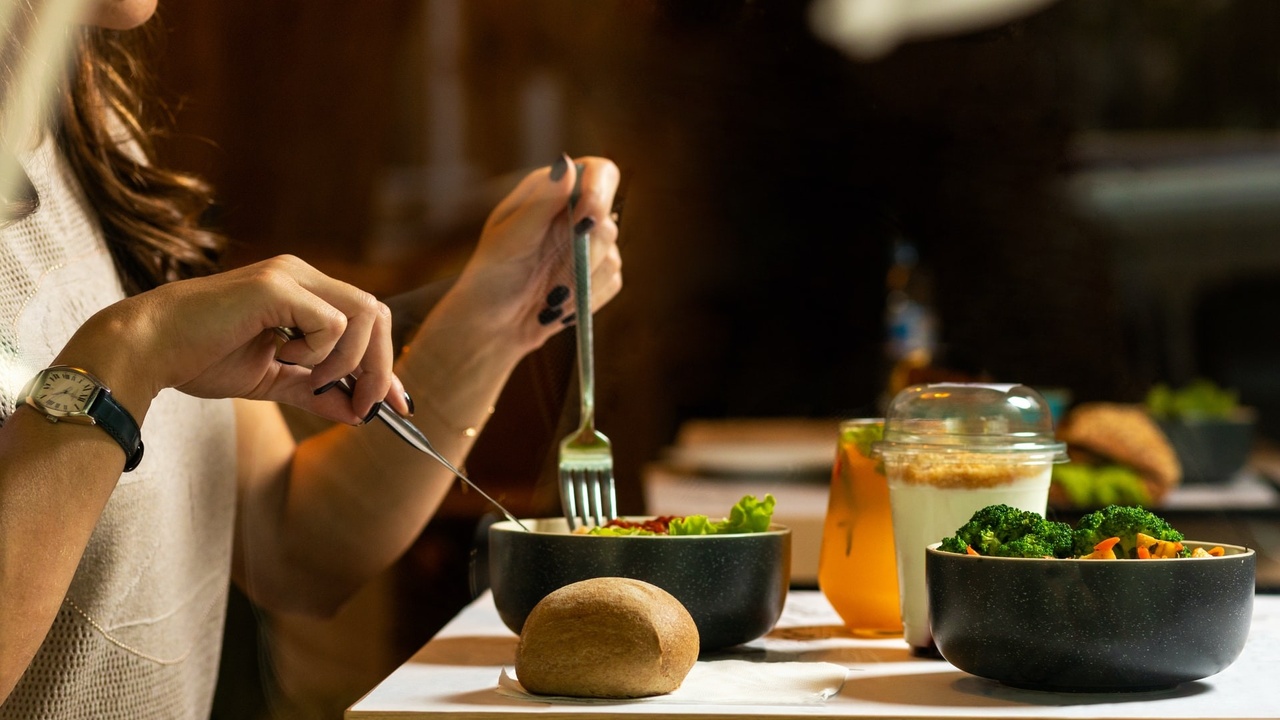
The natural world very directly impacts our physical, mental, and emotional health every single day, whether we realize it or not. And yet, it can be easy to forget about the deep connections we share with nature.
Sure, we know that clean air and clean water correlate directly with our health. But we rarely think deeper than that.
We also depend on trees, plants, and algae to produce the oxygen we breathe in and recycle the CO2 we breathe out. Carbon sinks such as wetlands and forests play an important role in mitigating the effects of pollution by drawing large amounts of carbon out of our atmosphere.
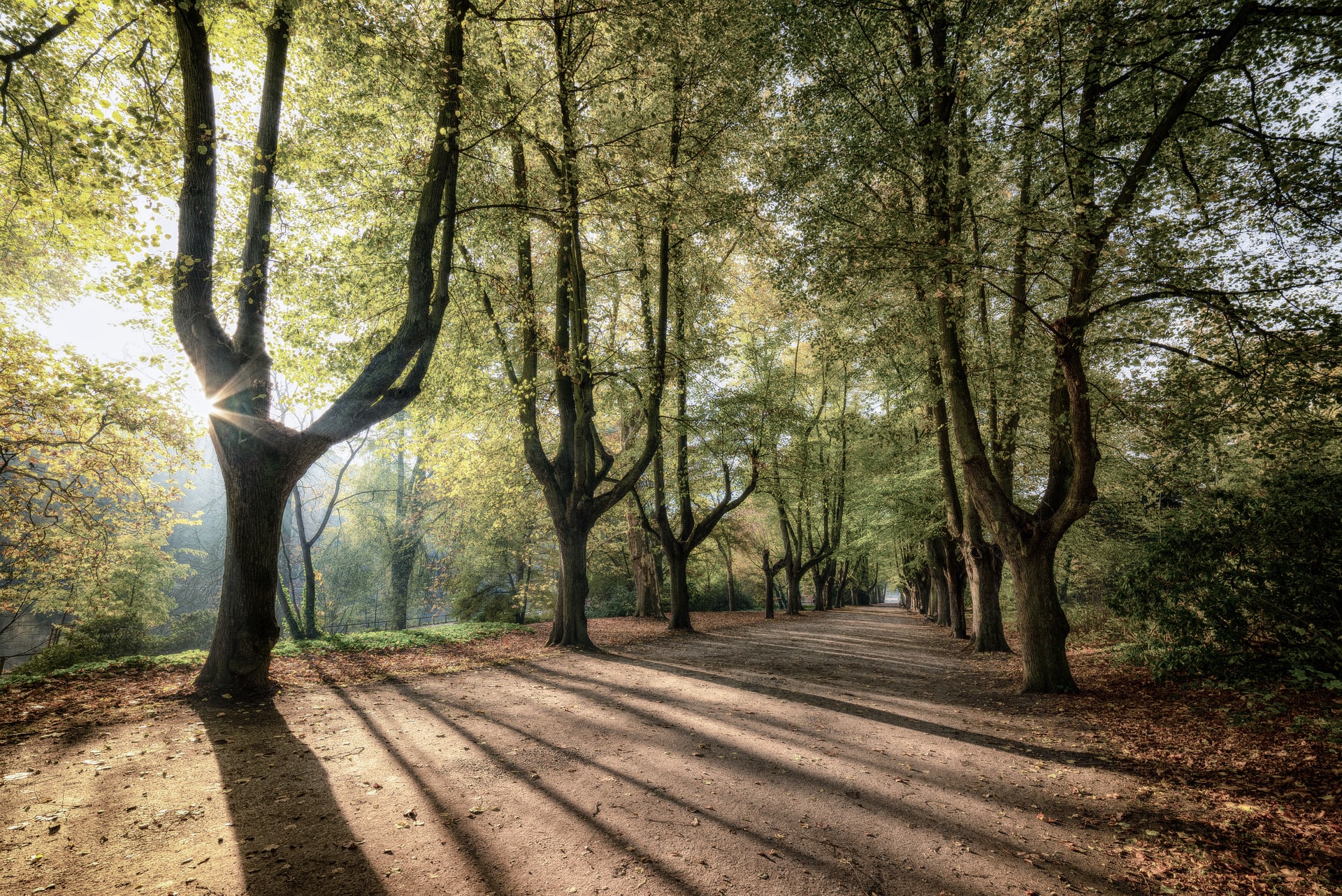
Healthy water systems do so much more than provide us with clean water. They transport nutrients, mitigate flooding, support local biodiversity, and work to remove toxins and waste from our surroundings.
These ecosystem services are of vital importance in our day-to-day lives.
Our bodies and our environment
On a much smaller scale, our relationship with our environment is reflected inside us within the microbiota living in our digestive tract.
A direct testament to the impact our surroundings have on our health, our microbiota is greatly affected by the bacteria in our immediate environment.
Babies are born with a microbiota that will vary greatly for the first year of their life, depending not only on the strains of bacteria in their mother’s bodies but the bacteria in their surrounding environments as well.
Throughout our lives, our microbiota makeup can change based on the foods we consume or our natural environment.
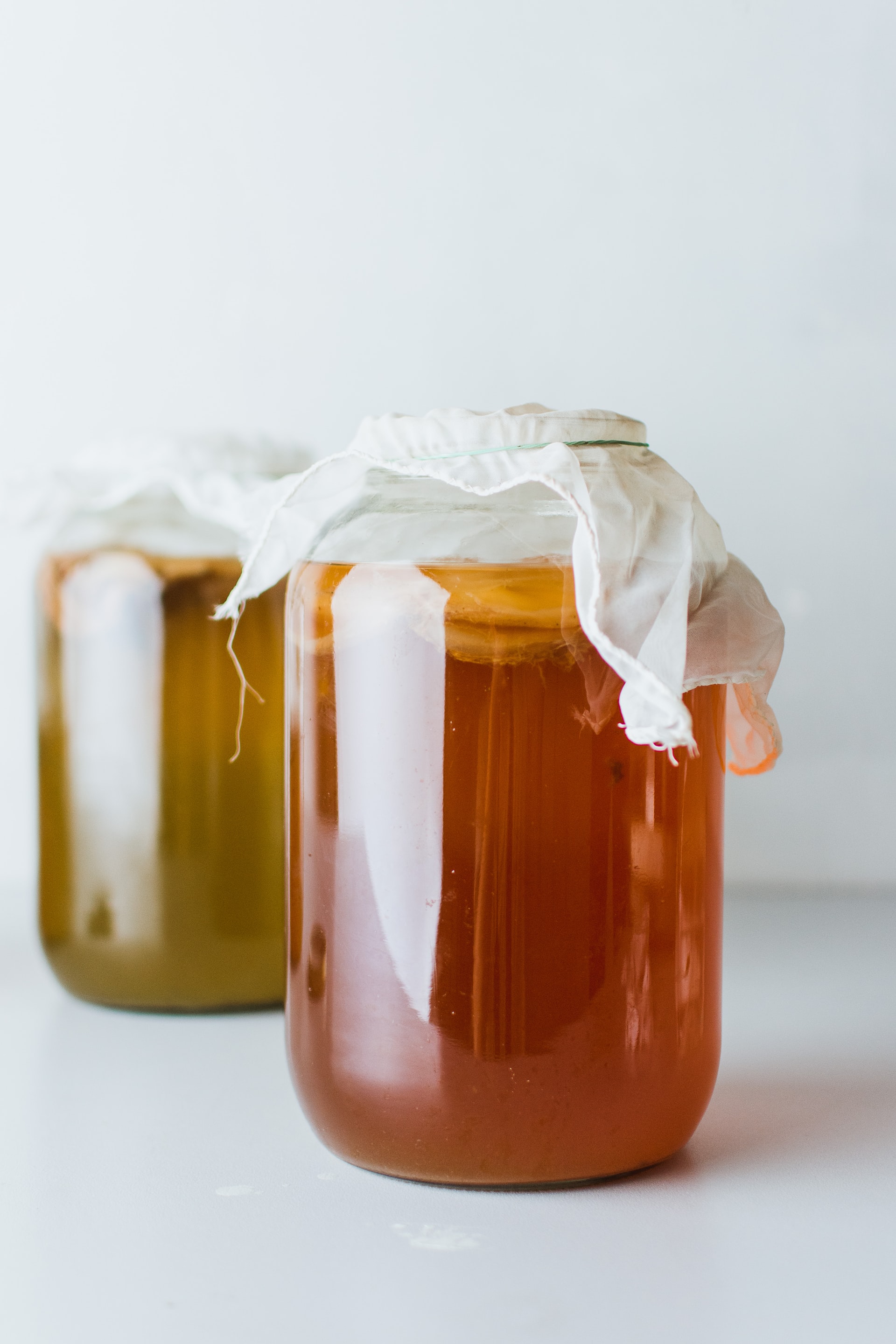
For example, eating live culture foods like yogurt or some cheese or fermented foods contain live microorganisms unique to the region in which they were produced can lead to microbiota that directly reflects our environment.
Food and Nature
Multiple times per day, we rely on our natural environment to provide us with the food that nourishes us. This is arguably our most important connection with nature, however, it has been significantly eroded.
Not only do we often complain that we don't have enough time, but all around us we are pressured to "be efficient", "take back our time", or "give ourselves a break". Food delivery services, meals in a box and of course the nearly ubiquitous fast food all send us messages that society no longer values food preparation, taking time with food, and enjoying what is produced locally through the seasons. And this can really can add up to breaking our connection to this very basic level of interacting with how nature sustains us - through our food.
We have outsourced food production and food preparation to entities outside of the home as we have renovations, car maintenance, plumbing repairs, etc. In other words, why do something when someone else can do it faster and better than I can, allowing me to spend more time doing what I do best?
Why is being disconnected from our food an issue?
Although this outlook is not inherently flawed and has had positive outcomes, it has meant that one of our most important connections to our environment has been eroded and largely sidelined in our daily lives.
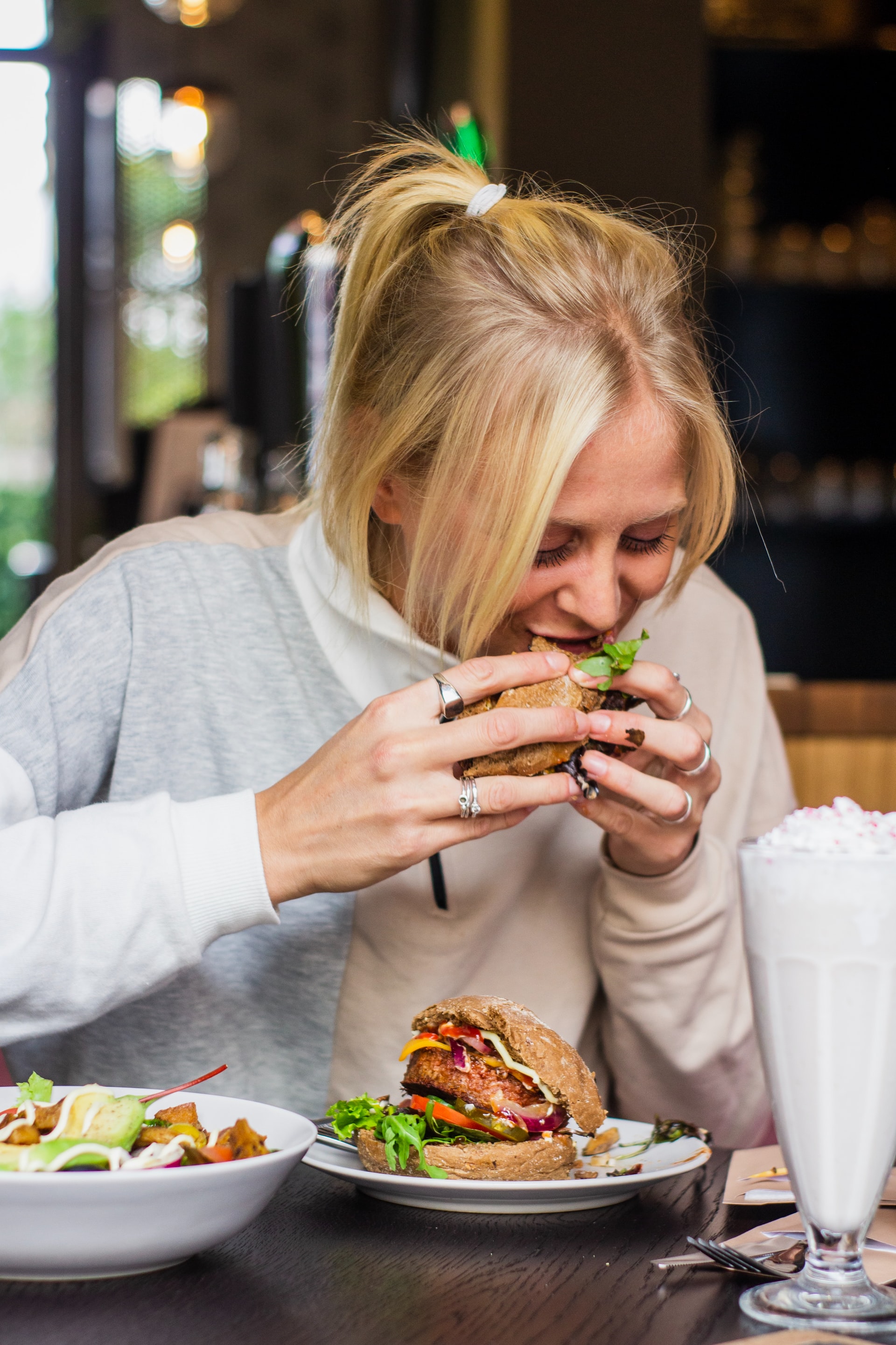
We no longer spend time outdoors working in the dirt, caring for plants, or growing our own food. Similarly, we spend much less time preparing home-cooked meals with our loved ones. Which for many reasons, is truly an act of sustainability.
When we rely on outside sources to produce and prepare our food, a disconnect between our dinner table and the natural environment providing our food is created. As food is such a central part of our lives, this disconnect is a significant one. However, this is also a gap that, once identified, can quickly start to be bridged.
Reconnection with your environment through food can be as simple as preparing a meal from scratch a few times a week, visiting a local farmers’ market, or growing some tomato plants of your own.
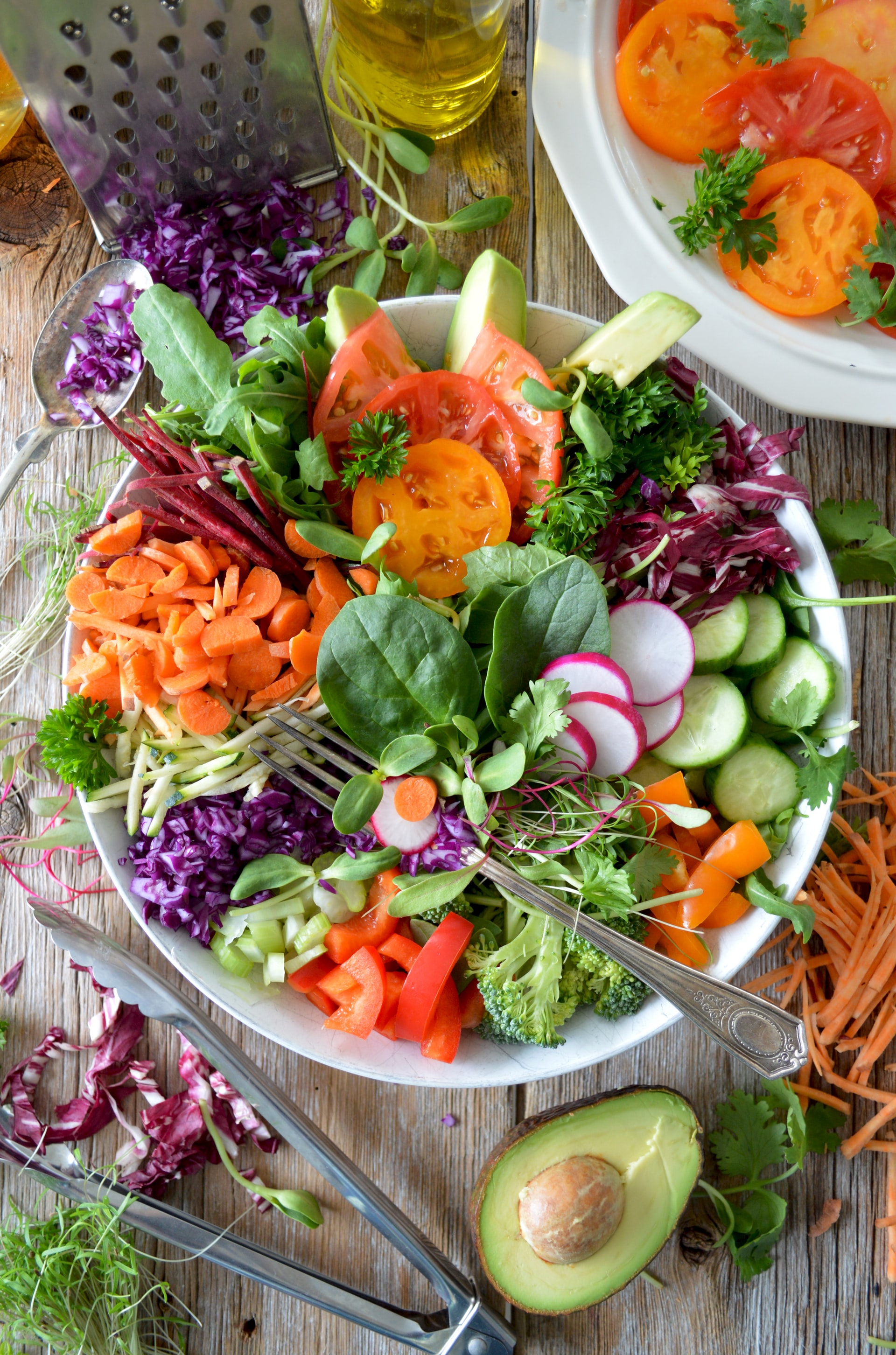
In his best-selling book “Cooked: A Natural History of Transformation”, author Michael Pollan delves deeper into our relationship with food, cooking, and our environment.
“The garden suggests there might be a place where we can meet nature halfway.” -Michael Pollan
As we continue on our wellness journey, it is crucial to recognize our deep connections with nature, and the importance of fostering them.
We interact with our natural environment every single day and its effects on us on all levels are profound. When we speak of wellness, it is important to understand the role our relationship with nature plays in it.
Steps towards reconnecting with nature:
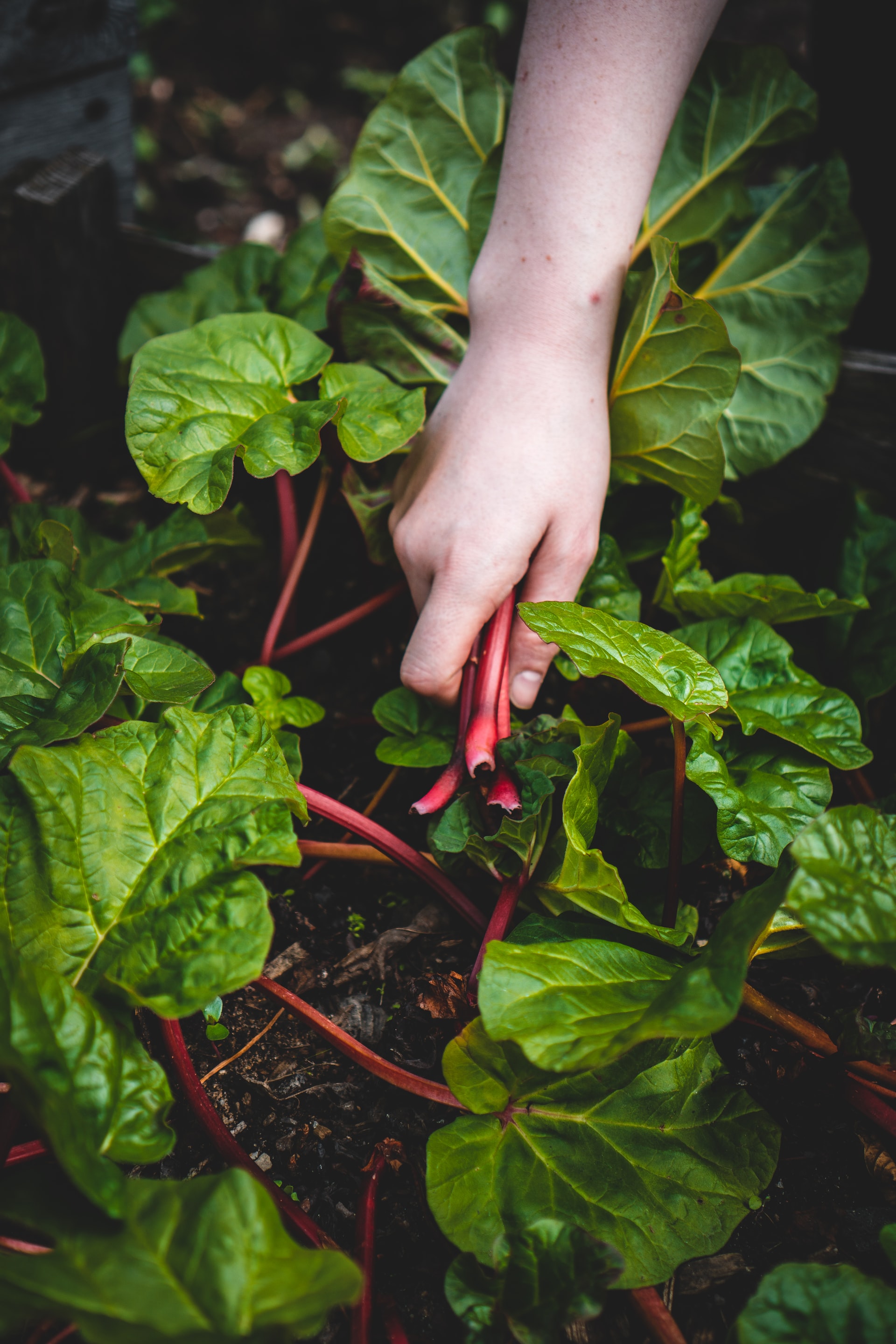
- Rebuild the relationship through food: take time to prepare your own food, consider where your food comes from, and grow a few plants of your own
- Spend time outdoors! Go for a walk in the park, tend a garden, or commute by bike.
- Learn more about local plants and try and identify some next time you are outdoors. Go berry picking or gather herbs when you feel confident in your identification abilities!
Here are some helpful resources you might enjoy:
- How your health is affected by your living environment
- Review: "Cooked" by Michael Pollan
Stay connected with news and updates!
Join my mailing list to receive the latest news and updates. Your information will not be shared.

